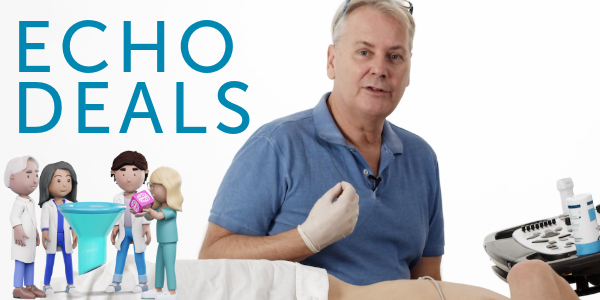How to learn efficiently
Isn’t it strange? Even though learning is an essential part of becoming competent as a health care professional nobody really taught us how to learn? Are the strategies we use effective? And how does our ability to learn change over the years?
To be honest I am quite happy that I don’t have to take exams anymore. And I often wonder if I would still pass some of the tests that are now required as entry exams for medical student, board or speciality exams.
How good is your memory?
Does our ability to memorize facts deteriorate, as we get older? Or is it only a mater of training? Are you ready for a test to see how good YOUR memory is?
Here is a list of 9 medical terms. You have 3 minutes. Try to remember them. Now close your eyes. How many do you still know?
- Myocardial Infarction
- Infection
- Neoplasm
- Iatrogenic
- Autoimmune
- Trauma
- Unknown
- Renal
- Endocrine
On average people remember six to seven words. But even if you got all nine correct the chances are high that you will only remember 50% of these terms after a day and maybe only one or two after a week.
But is it relevant to remember these words when it comes to ultrasound? YES – because these are the potential causes of a pericardial effusion!
Mnemonics
Here is a tip how you can boost your memory: Use the mnemonic “MINIATURE” where each letter stands for a different etiology of pericardial effusion.
- M – Myocardial Infarction
- I - Infection
- N - Neoplastic
- I - Iatrogenic
- A - Autoimmune disease
- T - Trauma
- U - Unknown
- R - Renal
- E - Endocrine
Limitations of mnemonics’
While such Mnemonics’ can be quite handy for exams they are often not applicable in clinical practice. There is just too much information we need to know and it is not possible to create a mnemonic for each fact. But what truly causes information to stick in our brain? To explain let me take you to the echo lab:
The stories behind
The case of Barbara
Barbara was a handsome 35-year old woman with palpitations. What I found was a small pericardial effusion. I asked her if she has any conditions or symptoms. It turned out she noticed weight loss. As it turned out she had metastatic breast cancer. At such a young age!
The Case of Hubert
Herbert was lying in on the patient table in the catheter table; sweating and gasping for air. His blood pressure had dropped to 85/40mmHg. Herbert was a patient of mine whom I convinced to get ablation therapy for AV nodal re-entry tachycardia. And now this. A pericardial effusion!
The case of Martha
A small pericardial effusion was discovered in Martha (56a). We did a complete work up but found nothing. Follow up studies always showed a small hemodynamically insignificant effusion and we called it “idiopathic”. Five years later she developed an autoimmune disease. Now we knew why she has a pericardial effusion.
Emotional experiences and learning
What do these cases have to do with memory? Simple, because I will never forget: the expression in Barbara face when we had to tell her that she has cancer, the dramatic events of cardiac tamponade and the surprise of discovering the cause of a pericardial effusion 5 years after it was first noticed.
Each of these cases represents a different cause of pericardial effusion: neoplastic, iatrogenic and autoimmune disease.
The bottom line: An ideal way to learn and memorize facts is by experience, especially when they are linked to emotions.
Our understanding of how the brain stores information should also be reflected in the way content is produced. I strongly believe that “unemotional” presentations with overcrowded slides, rows of tables and endless bullet point lists should be a thing of the past. Equally I think that we all need to better understand how we learn so that we use learning strategies that make our efforts efficient.
This is why in our courses, we focus on showing you lots of cases, ultrasound images, and also give you demonstrations. This can be a first step to learn and memorize, as you will hear what's behind the images and more. You can already start learning through our free lectures – available for every course. And keep your eyes open – you might see some learning tips in your inbox soon!
Best Thomas Binder and the 123sonography team


